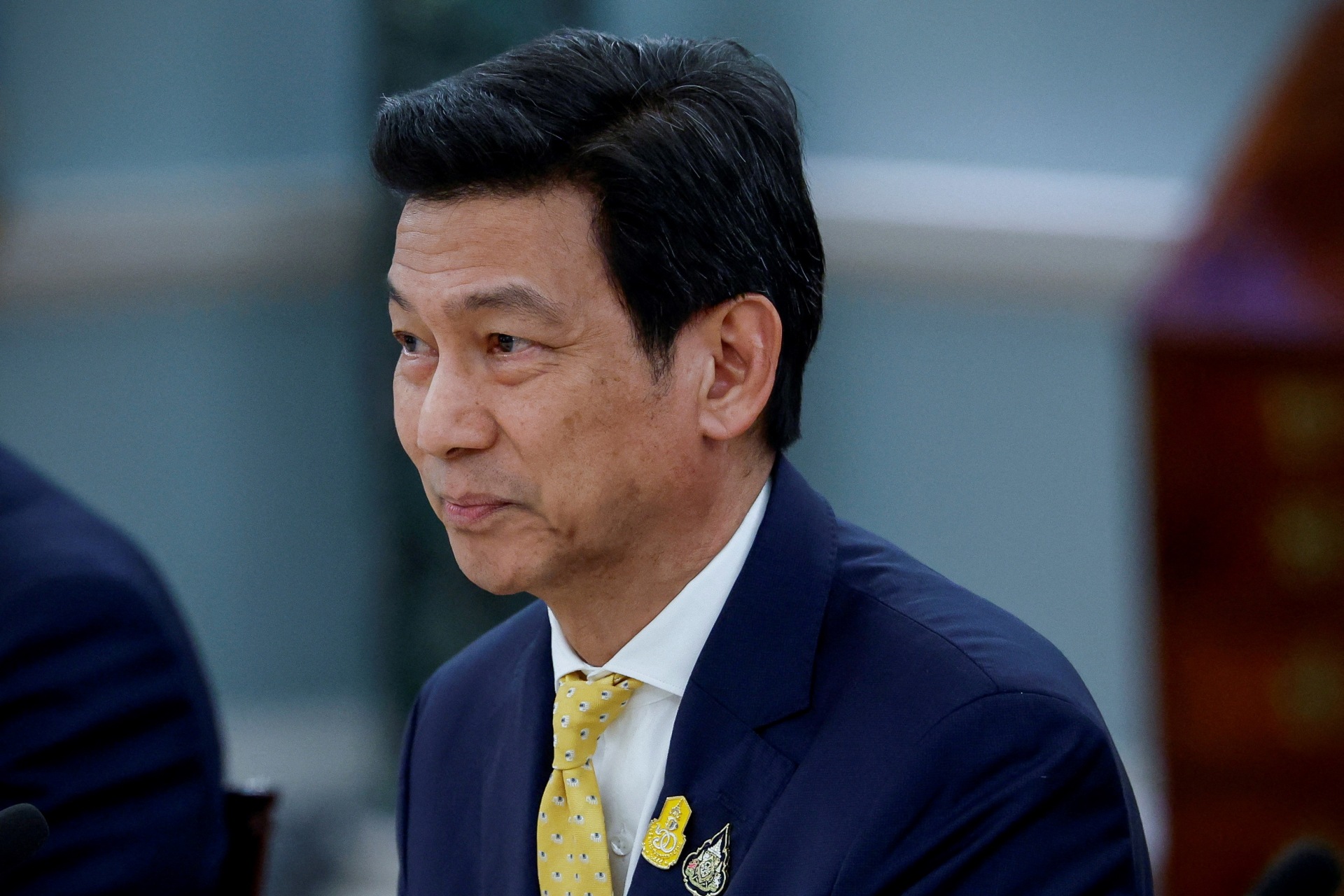Thailand’s Politics Suffer More Turbulence
The current Thai government, which assumed power in 2023, has proven ineffective in tackling the nation’s challenges, while its politics have become increasingly fractious.

By experts and staff
- Published
Experts
![]() By Joshua KurlantzickSenior Fellow for Southeast Asia and South Asia
By Joshua KurlantzickSenior Fellow for Southeast Asia and South Asia
Following Thailand’s general election in 2023—the first relatively free election since the end of junta rule in 2018—the country’s politics have become increasingly polarized and chaotic. Move Forward, the party that won the most parliamentary seats in Thailand’s Lower House, was never given a real chance to form a government after its electoral victory. Before leaving power, the junta had crafted a new constitution that stipulated a party needed to win majorities in both the Lower House and the Senate to gain power, with the former junta installing nearly all the senators in the Upper House.
Infuriated by being blocked from power, Move Forward, which had vast support among Thailand’s youth, sparked a growing open resistance against the cobbled-together ruling parliamentary coalition, which included openly military-dominated parties. Anger further swelled among large sections of the Thai populace as—per tradition over the past fifteen years—the judiciary, close to the military and other conservative elites, moved to basically wipe out the Move Forward party and possibly put its leader in jail.
Despite boiling anger among some Thais at the 2023 election outcome, if the parliamentary coalition that took power had actually taken major steps to address Thailand’s burning issues—high youth unemployment, a continuing lag in the critical tourism sector, an inability to move into higher-value-added industries, and rising inequality—it is likely that even many who supported Move Forward would have come around. But the current government has done little to address those issues, and seems in chaos itself, with the foreign minister recently resigning and a cabinet reshuffle less than a year after taking power. For more on Thailand’s political chaos and its implications for Thais and partners like the United States, see my new World Politics Review article.
